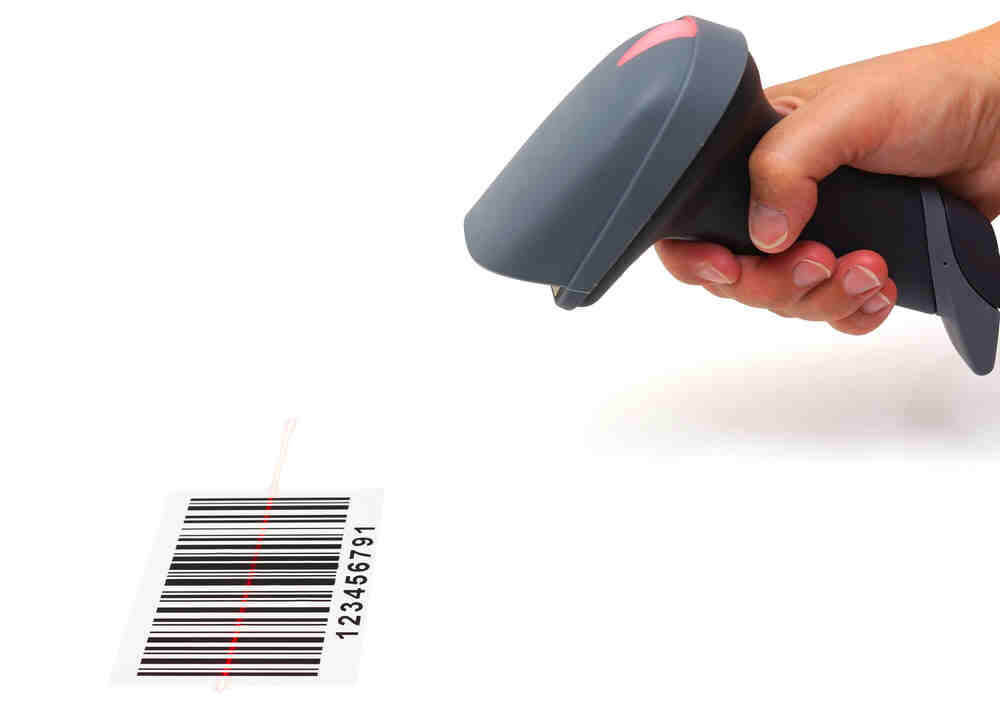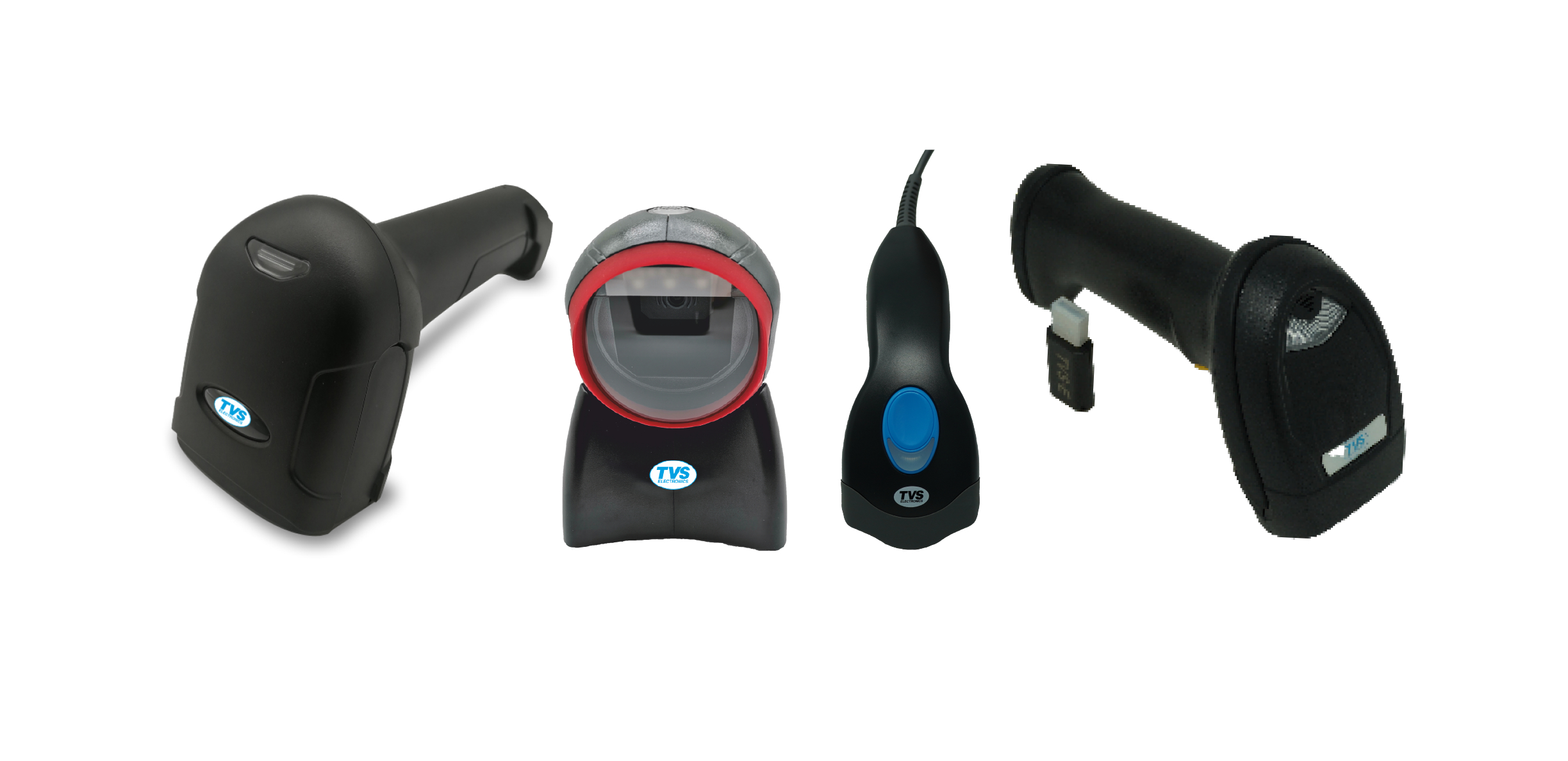Choosing the Right Barcode Scanner for Your Service Demands
Selecting the appropriate barcode scanner for your organization requires a nuanced understanding of your details operational needs and ecological problems. Aspects such as scanner type, speed, and compatibility with existing systems play a critical role in identifying the best choice.
Understanding Barcode Scanner Types
When it comes to picking a barcode scanner, recognizing the numerous types available is essential for meeting details organization requirements. Barcode scanners can be categorized right into several kinds, each created for various applications and settings.
Portable scanners are the most typical, providing portability and convenience of use, making them suitable for retail and supply administration. They normally link through USB or Bluetooth, offering flexibility in procedure. Fixed-mount scanners, on the other hand, are developed for high-volume scanning applications, frequently found in setting up lines or check out counters. These scanners are installed in a stationary position, enabling rapid scanning of multiple things in sequence.
One more kind is the mobile computer, which incorporates scanning capacities with computing power. These devices are perfect for field operations or stockroom monitoring, allowing data collection and real-time supply tracking. In addition, there are industrial scanners that are built to hold up against rough settings, such as extreme temperature levels or exposure to dust and moisture.

Secret Attributes to Think About
What necessary functions should organizations focus on when picking a barcode scanner? Scanning speed is crucial, as faster scanners enhance operational efficiency, particularly in high-volume atmospheres. The scanner's capability to check out different barcode styles is likewise vital; ensure it supports preferred kinds like QR codes, UPC, and Code 128 to accommodate diverse stock things.
Resilience is an additional key feature, particularly for organizations in rugged setups. Look for designs that are built to endure decreases, dust, and wetness. Additionally, consider the connectivity choices offered; whether you prefer USB, Bluetooth, or Wi-Fi, the right connection can boost assimilation with existing systems.

Examining Your Business Atmosphere
To effectively select a barcode scanner, organizations should analyze their specific functional setting. This evaluation consists of evaluating the physical design of the workspace, the nature of the items being scanned, and the normal problems under which scanning happens. For example, a retail setting might call for portable scanners that can quickly refine transactions at the check out, while a storehouse setting could benefit from ruggedized scanners developed to withstand harsher problems.
Furthermore, take into consideration the quantity of scanning required. High-throughput environments may require sophisticated scanning innovations, such as fixed-position scanners or mobile tools that can run successfully in busy situations. The integration capabilities with existing inventory management systems also play a vital duty; make certain the picked scanner can seamlessly get in touch with software platforms being used.
Furthermore, examine the potential for growth and scalability. A scanner that fulfills existing needs may not be sufficient as service expands. By completely evaluating these elements, businesses can select a you could try these out barcode scanner that not just satisfies instant needs but additionally sustains long-lasting operational performance and versatility. This tactical method ultimately adds to smoother procedures and improved productivity.
Budgeting for Your Scanner
Having actually examined the operational environment and identified the details needs for a barcode scanner, the next action entails mindful budgeting to make sure a wise economic investment. Developing a budget begins with identifying the total expenses related to the scanner, consisting of preliminary acquisition rate, functional costs, and prospective maintenance charges.
When selecting a barcode scanner, take into click now consideration the variety of readily available choices, from handheld gadgets to fixed-position scanners, as costs can vary substantially. It is crucial to balance expense with performance; going with an extra inexpensive design might cause raised operational inadequacies if it does not fulfill your business requirements.
In enhancement to the equipment, consider expenses associated with software, training, and prospective upgrades. While it could be tempting to minimize ahead of time expense, purchasing a top quality scanner that lines up with your functional requirements can yield long-lasting savings through boosted efficiency and minimized downtime.
Last but not least, think about the total cost of ownership, which encompasses the scanner's life expectancy and prospective resale value. By meticulously preparing your budget plan, you can ensure that your financial investment in a barcode scanner will boost your functional productivity and financial performance.
Combination With Existing Systems
Integrating a barcode scanner with your existing systems is critical for optimizing its performance and ensuring smooth procedures. barcodes scanners. A well-integrated scanner improves process efficiency, reduces errors, and increases information processing. When selecting a barcode scanner, consider compatibility with your existing software program and hardware infrastructure, including your inventory management systems, point-of-sale (POS) systems, and venture source planning (ERP) solutions
Review browse this site whether the scanner makes use of common procedures such as USB, Bluetooth, or Wi-Fi, which can promote simple combination. Furthermore, examine whether the scanner's software application provides APIs or SDKs that enable for personalization and integration with proprietary systems. This is specifically crucial for businesses with one-of-a-kind functional demands.
As your service grows, your systems ought to be able to fit added scanners and take care of enhanced data quantities without substantial reconfiguration. Ultimately, spending in a barcode scanner that effortlessly incorporates with your existing systems will yield long-term benefits, improving accuracy, efficiency, and overall efficiency within your operations.

Conclusion
In verdict, choosing an appropriate barcode scanner requires a comprehensive analysis of various variables, including scanner kinds, vital attributes, and the details service environment. The best barcode scanner serves as an essential tool in improving procedures and promoting effective stock monitoring.